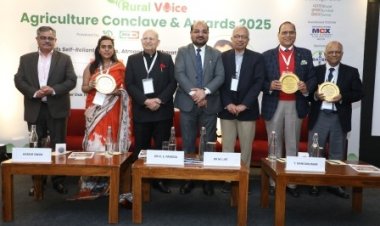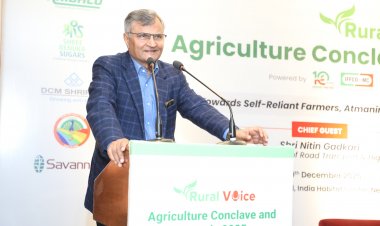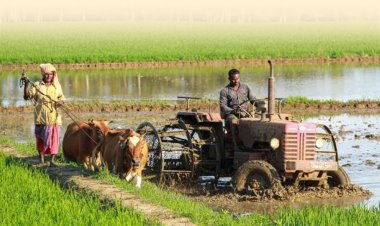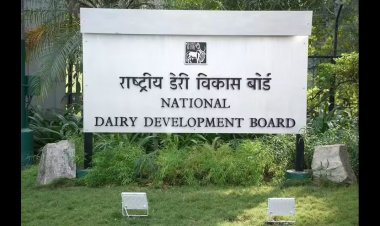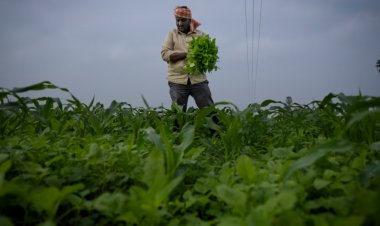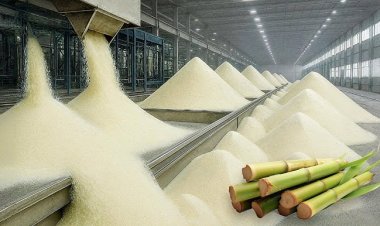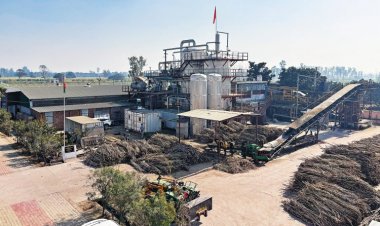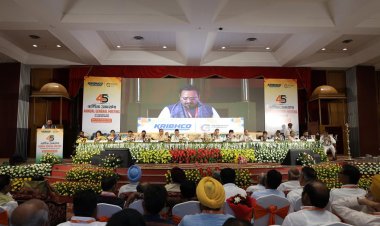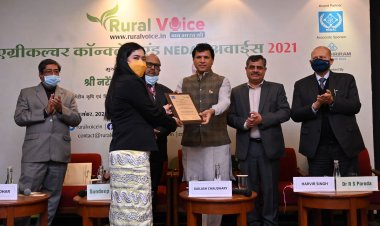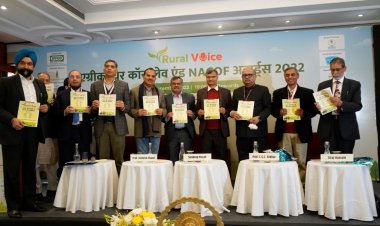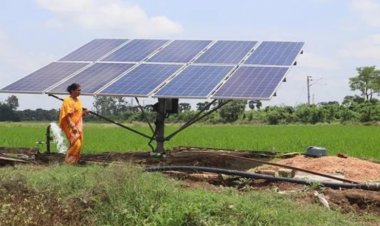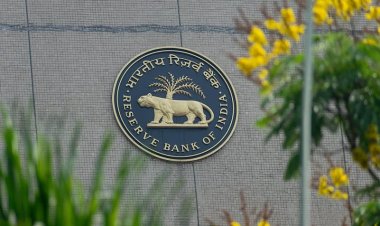NITI Aayog member Prof Ramesh Chand Wednesday said agricultural will maintain dominance despite growing urbanisation and noted that rural development and agriculture were inseparable.
"Previously, rural development was confined merely to agriculture. But now, its area has increased. Agriculture will maintain its domination over rural development as both rural development and agriculture are inter related and cannot be separated from each other," he said.
Prof Chand made the comments at an event in the India International Centre (IIC) in New Delhi where he launched 'RURAL WORLD' magazine, a sister publication of 'RURAL VOICE'. He said the decision taken by the Editor-in-Chief Harvir Singh to launch the new journal is very timely.
Prof Chand said that in 1961, 82% of India's population lived in rural areas, but now the figure has shrunk to 64% and by 2047 it will shrink further "but still rural sector will still account for more than 50% of the population". Though the area will shrink, reflecting growth of urbanisation, there is a need to think of it as share of agriculture is seen to be falling with passage of time, he said. A development model of India has to be prepared keeping inclusive development of rural areas in mind, he said and suggested discussing rural economy in its entirety, given the importance of agriculture.
Prof Chand recalled his expert paper written in 2014 wherein he mentioned that 47% of farmers belong to small category but their efficiency is more than big farmers in terms of productivity. He said it was time to think about agriculture-centric development, keeping in mind agriculture-centric employment.
Referring to a recent report of the Periodic Labour Force Survey (PLFS), he said 45.8 per cent of the workforce in the country is in the agriculture sector. The PLFS survey report of 2022-23 reflected that workforce in the agriculture sector was decreasing. "But, looking at sustainability, employment, climate change and maintaining the pace of growth, I have taken a position that agriculture will play a central role in creating a developed India," he said.
With change of time, he also spoke of part-time farming and said the concept of such farming should be discussed as agriculture has become a seasonal activity. "We should make conscious efforts to boost income of part-time farmers," he said. The NITI Aayog member referred to the recent growing demand for ethnic products among people and said it was ba glaring shift from the past when there was clamour for foreign goods. These days rural arts, craft, handicraft and tribal products are much in demand and the government's ODOP scheme has brought to limelight products of the countryside.
At the same time, he said 'Vocal for Local' should not remain just a slogan. It should be implemented in letter and spirit. In this context, another new idea is rural skilling for rural jobs. Noting that rural economy and rural lives were interlinked, he said that the living standard in villages has to be paid proper attention, especially in matters of hygiene, sanitation and garbage disposal.
Prof Chand there was also a need to increase the scope of power, responsibilities and resources of panchayats. Like urban local bodies, rural local bodies too should be given importance they deserve.
Earlier, Editor of Rural World Harvir Singh explained the idea behind the launch of 'RURAL WORLD' and said the focus of the bi-lingual quarterly was agriculture and rural sector and the purpose was to set the agenda for rural India.
The event was followed by animated panel discussions by experts on how is rural India changing; the role of media and civil society in rural India; what does rural India want from their elected leaders; and how are farmers' unions adapting to changing rural India.
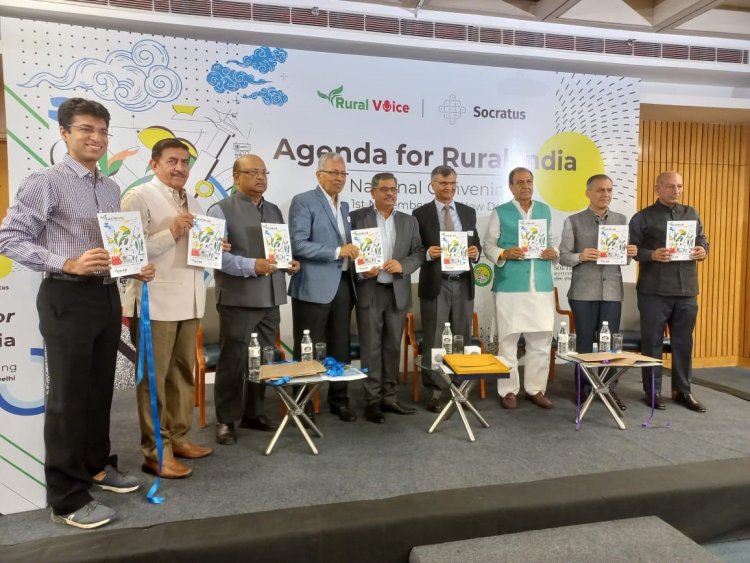



 Join the RuralVoice whatsapp group
Join the RuralVoice whatsapp group

















